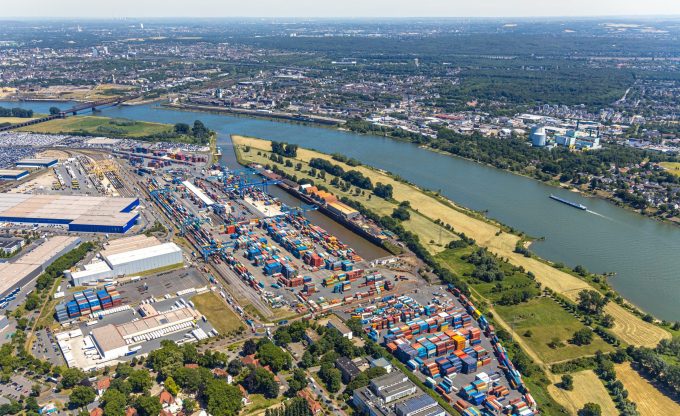Forwarders say loss of CBER brings back the ‘level playing field’
Forwarder group Fiata has welcomed the EC decision not to extend the Consortia Block Exemption ...

A rapid turnaround for a new EU enabling law will see some elements of the state aid rules for rail, inland waterways and multimodal transport relaxed from 19 January.
In a move seen as complementing the Fit For 55 green package and targeting a transition from polluting modes of transport, the enabling law was proposed by EC competition commissioner Margrethe Vestager on 6 July and approved by the Council of Europe on 19 December.
Competition lawyer Philippe Corruble, Professor at Ecole de Management ...
Volcanic disruption at Anchorage could hit transpacific airfreight operations
Shippers snap up airfreight capacity to US ahead of tariff deadline
Forwarders stay cool as US 'liberation day' tariffs threaten 'global trade war'
New price hikes may slow ocean spot rate slide – but for how long?
Tighter EU import requirements proving 'a challenge' for forwarders
Supply chain delays expected after earthquake hits Myanmar
Looming Trump tariffs will create 'a bureaucratic monster' for Customs

Comment on this article